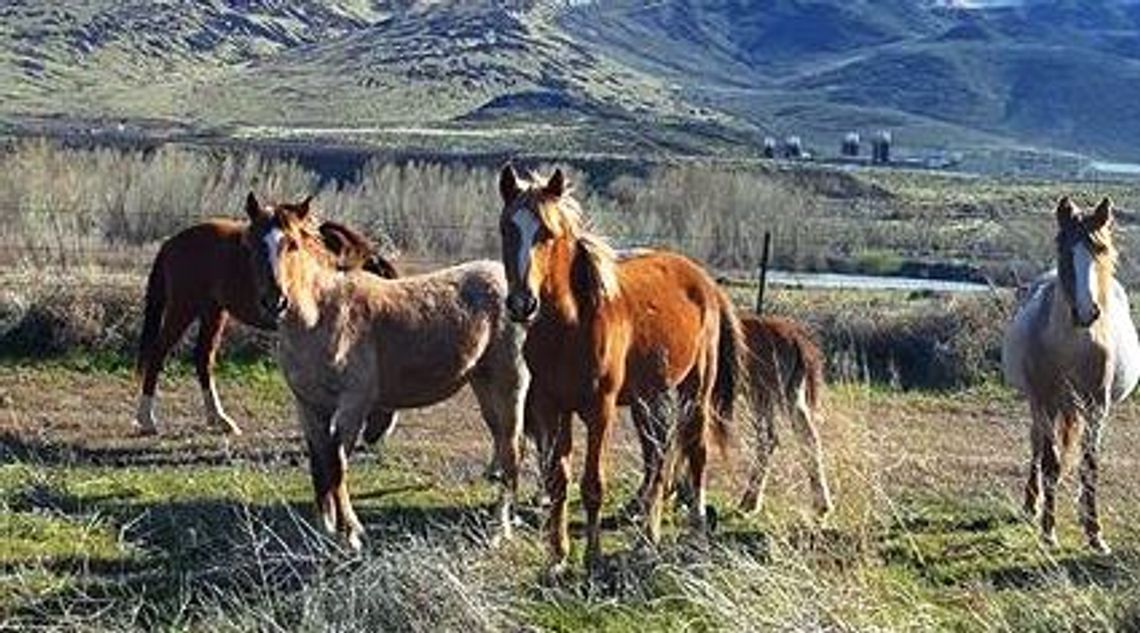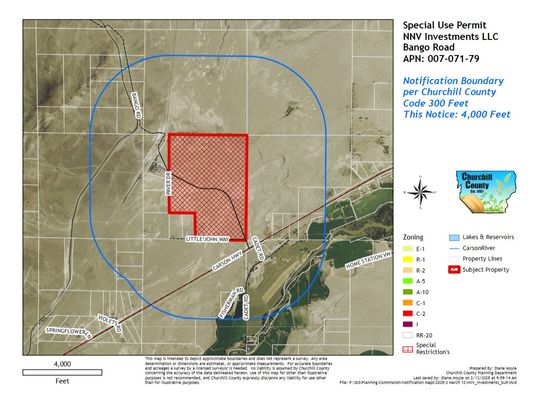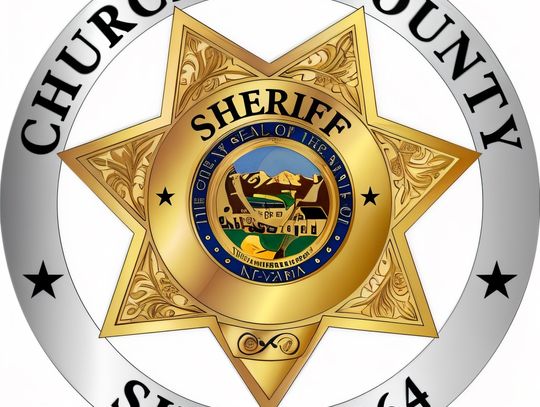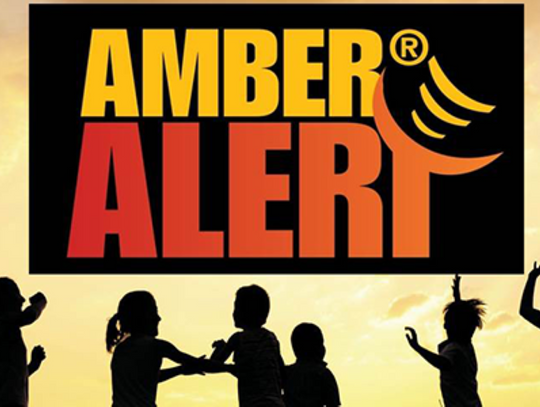Equine Virus Delays High School Rodeo
- 04/07/2019 05:46 AM (update 04/11/2023 12:13 AM)

by Leanna Lehman —
This Fallon high school rodeo that was planned to be held this weekend has been postponed due to a State issued horse quarantine resulting from a breakout of EHV-1, an equine herpes virus discovered at the Pahrump High School Rodeo in March.
According to Kathy Gonzalez, Secretary of the Nevada State High School Rodeo ASSOCIATION, The Fallon rodeo will be held April 19-21. The date for the Moapa Valley high school rodeo has also been moved and will be held May 18 & 19.
State Veterinarian, J.J. Goicoechea in an Associated Press release on March 15th, stated the “virus poses no human health risk, however, can cause respiratory disease in young horses, abortions in pregnant mares and neurologic disease in older horses and horse owners should practice biosecurity to minimize the risk of spreading disease.” According to the American Association of Equine Practitioners, the contagion is spread through direct horse-to-horse contact through nasal secretions via the respiratory tract. Contaminated tack, trailers, feed, and water containers, and human interaction between animals can all be conduits for spreading the virus.
Initial hopes that the outbreak was close to being contained were waylaid when another horse tested positive for the virus on March 22nd in Humbolt County. According to the Equine Disease Communication Center, EDCC was reported April 1st and “an epidemiological trace revealed this horse was most likely exposed at a rodeo in Fernley on March 8-10th.” With a total of five horses currently in quarantine in Nevada, the decision to postpone the event originally scheduled for this weekend was a sound one.
Fortunately, the 14-year old mare is currently alive and not demonstrating neurological symptoms on April 1st. As reported by the EDCC, the incubation period for EHV-1 is 2-10 days and infected horses can shed the virus when showing no clinical signs and are considered contagious until they test negative for the virus. Additionally, the virus can remain latent even after exposure for the life the horse with reactivation possible if exposed to undue stress. Clinical signs included fever, nasal discharge, lethargy, neonatal death. The neurologic form of the disease, EHM, is rare but is potentially lethal. Additional symptoms include incoordination, hind limb weakness, loss of tail bone and bladder tone, sitting in a dog position, inability to rise and difficulty maintaining balance.
Horses can be vaccinated for EHV-1 and V-4. In most cases, infected animals recover with treatment within a few weeks. However, there is no current vaccination for the EHM. “Isolation is critical to preventing contamination and extensive disinfection of the surfaces and equipment,” is the recommended protocol according to the EDCC.
For more information on EHV-1 and related viruses, refer to http://equinediseasecc.org/
Read more local news on The Fallon Post home page.









































Comment
Comments